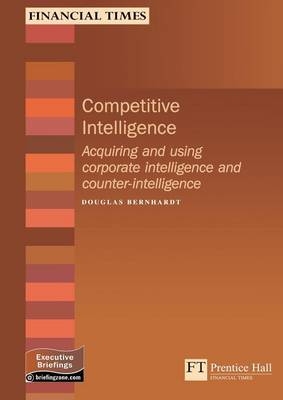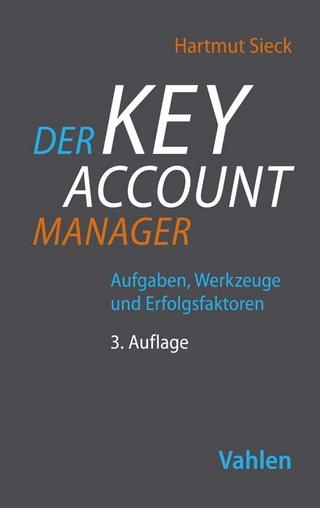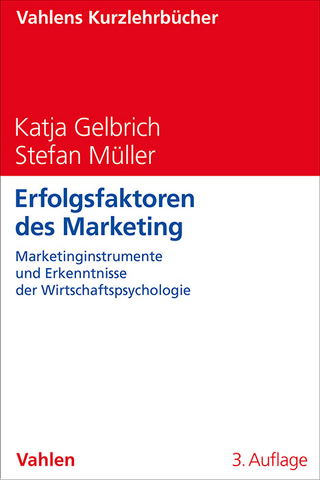
Competitive Intelligence
FT Publishing International (Verlag)
978-0-273-65928-0 (ISBN)
- Titel ist leider vergriffen;
keine Neuauflage - Artikel merken
In many ways the challenges and risks faced by modern managers are not that different from those which governments deal with. But, whereas political decision-makers have long relied upon their intelligence agencies to guide, or at least clarify, their thinking with evidence and analysis, most executives have little or no experience with the process or products of intelligence.
Managers for the most part operate in an intelligence vacuum, relying upon their personal networks of information sources and, more dangerously, a wide array of unchallenged assumptions about their companies, their industries, and their markets. Rarely do you meet a manager able to answer the questions: What are your competitors trying to discover about you? And how are they doing it?
This report will equip managers with the necessary frameworks to:
Develop a clear understanding of the role and value of intelligence in all elements of the strategy process of their organisations
Initiate the creation or upgrading of in-house intelligence and counterintelligence programmes
Identify key intelligence topics
Use intelligence ‘products’ to minimise risk and achieve competitive advantage
Distinguish between tactical and strategic intelligence, and in turn better appreciate the critical differences between operational effectiveness and strategic positioning
Douglas Bernhardt was formerly Managing Director for Business Research Group SA (BRG) in Geneva, Switzerland and London. BRG, one of Europe’s leading competitive intelligence research firms, was acquired by a US consultancy in July 2000. In early 2001 Douglas co-founded a new consulting practice in Geneva, iMentor Management Consulting SA. iMentor’s service lines include consulting and training in strategic intelligence and corporate counterintelligence. Douglas also teaches ‘Business Intelligence’ as part of the MBA programmes at the Archamps, France campus of Thunderbird–The American Graduate School of International Management, at the Graduate School of Business, University of Cape Town, and at other top ranked business schools in Europe and South Africa. He is the author of the book Perfectly Legal Competitor Intelligence: How to Get It, Use It and Profit from It (FT/Pitman, 1993). His articles have been published in Competitive Intelligence Review andCompetitive Intelligence Magazine (official journals of SCIP–The Society of Competitive Intelligence Professionals);Long Range Planning (the journal of the Strategic Planning Society), International Law Firm Management and others. He is a contributing author to two other important works: The Art and Science of Business Intelligence Analysis (JAI Press, 1996) and Managing Technology for Competitive Advantage (Cartermill International/FT, 1997). Douglas served as a member of the SCIP Board of Directors from 1996-1999.
1 Doing the right thing vs. Doing the thing right
2 The strategy process
3 Key intelligence topics
4 Early warning
5 Intelligence as activity: the process
6 Intelligence products: the ‘deliverables’
7 Intelligence organisation
8 Ethics
9 Counterintelligence: the other side of the coin
10 Strategic intelligence: the sine qua non of intelligent strategy
| Erscheint lt. Verlag | 16.1.2003 |
|---|---|
| Reihe/Serie | MB Executive |
| Verlagsort | Harlow |
| Sprache | englisch |
| Maße | 211 x 298 mm |
| Gewicht | 500 g |
| Themenwelt | Wirtschaft ► Betriebswirtschaft / Management ► Marketing / Vertrieb |
| Wirtschaft ► Betriebswirtschaft / Management ► Unternehmensführung / Management | |
| ISBN-10 | 0-273-65928-6 / 0273659286 |
| ISBN-13 | 978-0-273-65928-0 / 9780273659280 |
| Zustand | Neuware |
| Haben Sie eine Frage zum Produkt? |
aus dem Bereich


